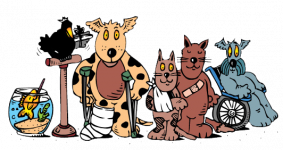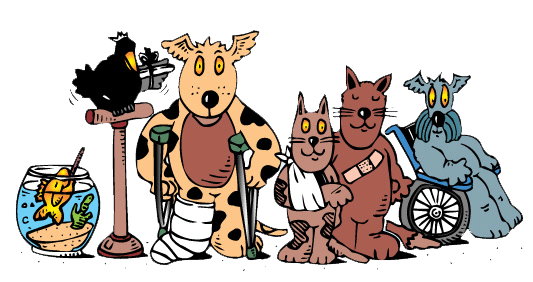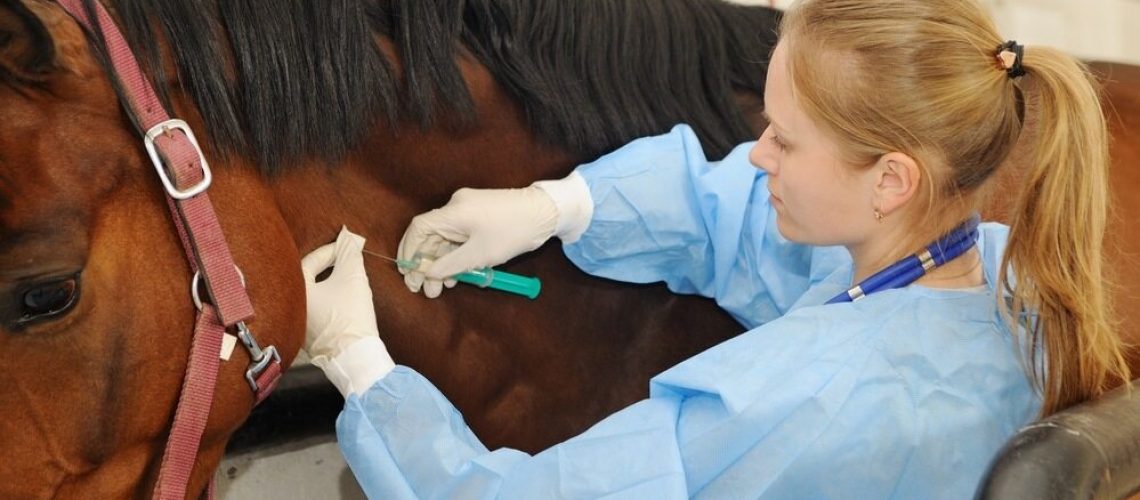Worm infestations in horses can go unnoticed for a long time, often causing damage before any obvious signs appear. These parasites can affect your horse’s health in multiple ways, from weight loss to serious digestive issues. Without early detection, the problem may lead to severe health concerns. In this blog, we’ll explore some key signs of worms in horses.
1. Weight Loss
Unexplained weight loss or poor condition in horses may suggest that something is affecting their nutrient absorption. Horse worms compete for nutrients, potentially leading to malnutrition and a reduced ability to absorb food efficiently.
They can steal essential nutrients from the horse’s digestive system, preventing them from maintaining a healthy weight. You may also notice a loss of muscle tone or visible ribs. If your horse shows signs of weight loss despite a good diet, it’s time to consult a vet.
2. Diarrhoea or Changes in Manure
Diarrhoea or soft manure can be a sign that your horse has a high parasite load. Worm infestations, particularly from strongyles or roundworms, can irritate the intestinal lining, leading to digestive disturbances.
You might also notice changes in the consistency, colour or frequency of your horse’s manure. If your horse exhibits persistent changes in their bowel movements, it’s crucial to consult a vet to assess whether parasites or another underlying condition are the cause.
3. Abdominal Discomfort
Worms can cause irritation or even blockages in the intestines. If your horse is showing symptoms such as restlessness, pawing at their abdomen, lying down frequently or rolling excessively, these could be signs of colic caused by parasitic worms.
This discomfort arises because worms can disrupt normal digestive function, causing inflammation, irritation and sometimes severe intestinal blockages. If your horse shows signs of colic, it’s crucial to contact a vet for immediate care.
4. Dull Coat & Poor Hair Condition
A horse’s coat is generally shiny and smooth when they are in good condition. However, when worms are present, the coat can start to look dull, rough or uneven.
These changes might suggest that the horse’s overall condition is being impacted by the presence of parasites. In such cases, it’s recommended to consult an equine vet for further evaluation.
5. Pot-Bellied Appearance
Young horses are especially vulnerable to worms because their immune systems are still developing. A pot-bellied appearance can be a sign of ascarid (roundworm) infestation.
This condition may accompany other symptoms like a poor coat, lethargy or stunted growth. If you notice this in your young horse, it’s important to seek advice from a horse vet.
Contact Our Vet Clinic in Sarina
At Sarina Veterinary Surgery, our vets are here to provide care and support. We offer comprehensive veterinary services tailored specifically for horses, from diagnostic tests to various treatment options. If you notice any unusual symptoms in your horse or need urgent assistance, don’t hesitate to reach out to us. Our clinic is equipped to handle a wide range of equine health concerns. Get in touch with our 24-hour vets in Sarina.


